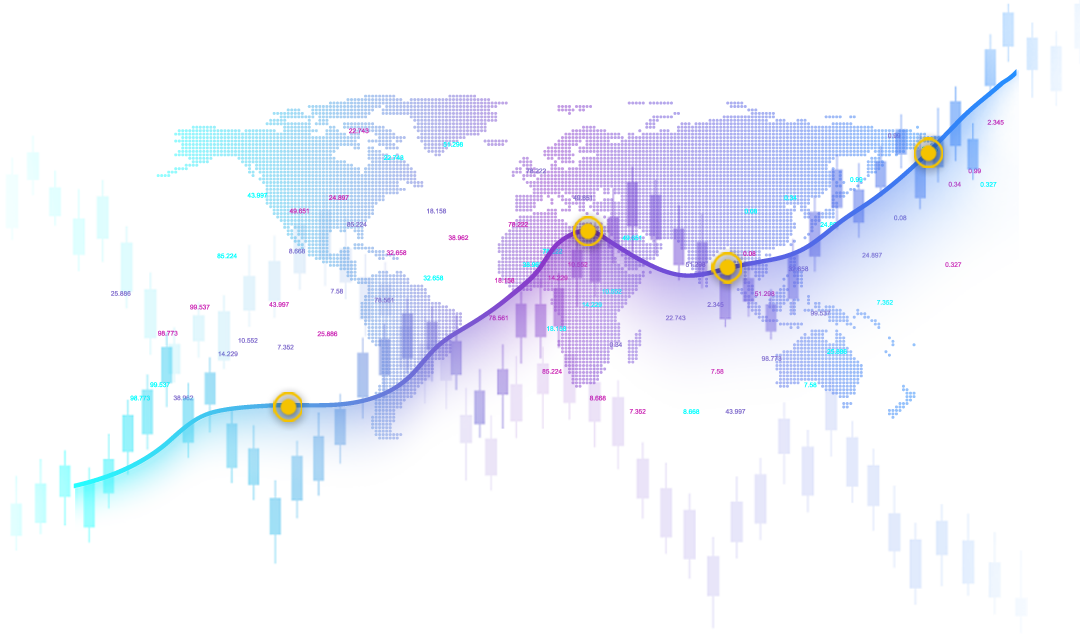Invest in Wide & Diversified Range of Financial Markets

Shares
Indices
Commodities
Treasuries
ETFs
Currencies
Forex

Currency derivatives are used for currency arbitrage or to hedge against foreign exchange risks. Importers and exporters use them to protect against domestic currency fluctuations. Currency derivatives can be traded in currency pairs, such as USD/INR and EUR/INR, or cross-currency pairs, such as EURUSD and GBPUSD.
Currency derivatives are traded on stock exchanges or over-the-counter (OTC). The foreign exchange options market is the largest and most liquid options market.
Foreign exchange derivatives can improve economic efficiency by providing businesses with tools to reduce financial risk and founding costs.
Shares
When you buy a share, you are buying a small part – or ‘unit of ownership’ – in a company. The benefit of trading shares is receiving dividends which are usually paid out by the company twice a year.
- Actively buy and hold stocks
- Go long or short easily
- More control, functionality, and liquidity, plus see market depth
- Invest in rising and falling markets
- Invest for capital appreciation or dividend income
- Focus on large-cap, mid-cap, or small-cap company shares
- Target domestic or international opportunities

Commodities

Commodities can be an important way to diversify a portfolio beyond traditional securities – either for the long term or as a place to park cash during unusually volatile or bearish stock markets.
Today, tradeable commodities fall into four categories – Metals, Energy, Livestock & Meat, and Agricultural; and are mostly traded in two forms – cash and forward – with the settlement (or delivery) dates being the main difference between the two.
- Go long or short easily
- Ability to trade intra- and inter-market spreads
- Nearly 24 hours of trading on global exchanges including CME, ICE, LME
- Contracts based on Futures and Spot
- Trade mini and micro lots
Indices
Indices provide the best way to gauge the performance of an industry, sector, or an entire countrys stock market. If, on average, the share prices of the companies making up the index go up, the index will rise with them. And if they fall, it will drop.
- Tight spreads offering potential to profit from small price movements
- Guaranteed stop loss (GSLO) feature available with some principals
- Enjoy low spreads and high liquidity
- 24hr trading
- Go long or short
- Real-time pricing
